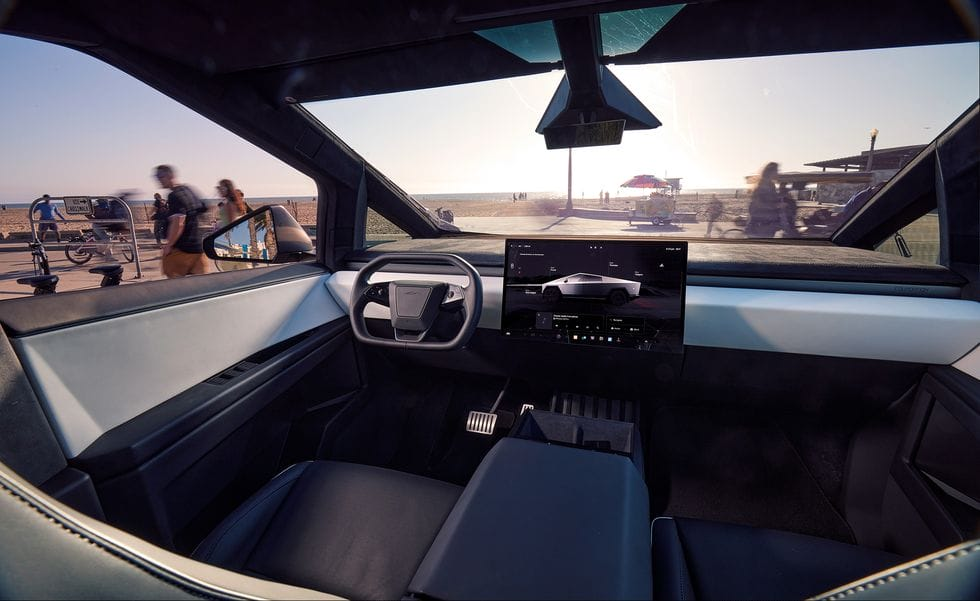In 2023, Brazil is charging ahead in the electric vehicle (EV) landscape, marking a pivotal year in its journey toward sustainable transportation. With the global EV market surging—sales expected to exceed 14 million units by year-end, according to Bloomberg Green—Brazil is not only catching up but potentially setting new standards for emerging markets. This article explores how Brazil is revolutionizing its EV sector, the innovative technologies driving this change, and what this means for the future of mobility in the region.
Brazil’s EV Market: Current Landscape and Growth Factors
Government Initiatives and Incentives
Brazil’s leap into the electric vehicle market can largely be attributed to strategic government initiatives and incentives. The Brazilian government has introduced tax incentives for both manufacturers and buyers, slashing import duties on EVs and offering tax breaks to companies investing in green technology. These policies are designed to make electric cars more accessible and affordable for the average Brazilian consumer.
- Tax Incentives: Reduction in import tariffs for EVs and components.
- Infrastructure Investment: Government plans to install 30,000 public charging stations by 2025.
- Subsidies for Manufacturers: Financial support for local production of EVs and components.
Technological Advancements and Local Manufacturing
Brazil is investing heavily in the local manufacturing of electric vehicles, with several automakers setting up production facilities across the country. Brands like Volkswagen and Nissan are spearheading this movement, leveraging Brazil’s rich industrial base. This not only reduces costs but also creates jobs, fueling economic growth.
- Volkswagen’s Commitment: Launched a $1 billion plan to produce electric vehicles locally by 2026.
- Nissan’s Innovation Hub: Developing next-gen battery technologies to enhance EV range and performance.
- BYD’s Contribution: Opening new factories aimed at producing electric buses and trucks, crucial for urban public transport.
Charging Infrastructure: Meeting the Demand
Expanding Nationwide Charging Infrastructure
The expansion of Brazil’s charging infrastructure is a cornerstone of its EV strategy. By 2023, Brazil has seen a 150% increase in charging stations compared to previous years, a move that significantly boosts consumer confidence.
- Public Charging Networks: Companies like EDP and Enel X are pivotal in expanding the network, focusing on high-traffic urban areas.
- Private Charging Solutions: Growth in home charging options, supported by government incentives for residential installations.
- Innovative Technologies: Adoption of fast-charging technology, reducing average EV charging time to under 30 minutes.
Challenges and Solutions
While the progress is commendable, challenges remain, particularly in rural areas where infrastructure development is slower. However, innovative solutions are emerging:
- Mobile Charging Units: Companies like Movida are experimenting with mobile charging vans to reach remote areas.
- Solar-Powered Stations: Leveraging Brazil’s abundant sunlight, solar-powered charging stations are being piloted in key locations.
Consumer Adoption and Market Trends
Rising Consumer Interest and Adoption
Consumer interest in electric vehicles in Brazil has surged, driven by increasing environmental awareness and the rising cost of traditional fuels. Recent studies show that over 60% of Brazilian consumers are considering an EV for their next purchase.
- Cost Savings: Long-term savings on fuel and maintenance.
- Environmental Impact: Reduced carbon footprint, aligning with Brazil’s sustainability goals.
- Variety of Models: A wider range of EV models available, from compact cars to luxury vehicles.
How to Choose the Right EV in Brazil
For those considering an electric vehicle, here’s a quick guide to making the right choice:
- Budget: Evaluate initial costs vs. long-term savings.
- Range: Consider daily driving needs and the availability of charging stations.
- Brand and Model: Research reliability, warranty, and after-sales service.
- Charging Options: Home charging vs. reliance on public infrastructure.
Conclusion: The Road Ahead for Brazil’s EV Revolution
Brazil’s electric vehicle revolution in 2023 represents a significant stride toward sustainable mobility, with government incentives, technological advancements, and consumer enthusiasm driving this transformation. The expansion of charging infrastructure and local manufacturing will further bolster Brazil’s position in the global EV market.
As Brazil continues on this path, the future looks promising. The nation is not only addressing environmental concerns but also paving the way for economic growth and technological innovation. For readers interested in sustainable living and the future of transportation, Brazil’s EV journey is one to watch. How do you see this revolution impacting other emerging markets? Share your thoughts in the comments below!
In conclusion, Brazil’s electric vehicle revolution is gaining momentum, setting the stage for a cleaner, greener future. The commitment to enhancing infrastructure, coupled with innovative technological advancements, positions Brazil as a leader in the global push toward sustainable mobility. As these trends unfold, the world will be watching Brazil’s electrifying journey with keen interest.

